Top AI App Trending to Watch in 2025: Revolutionizing Everyday Life with Breakthrough Innovations
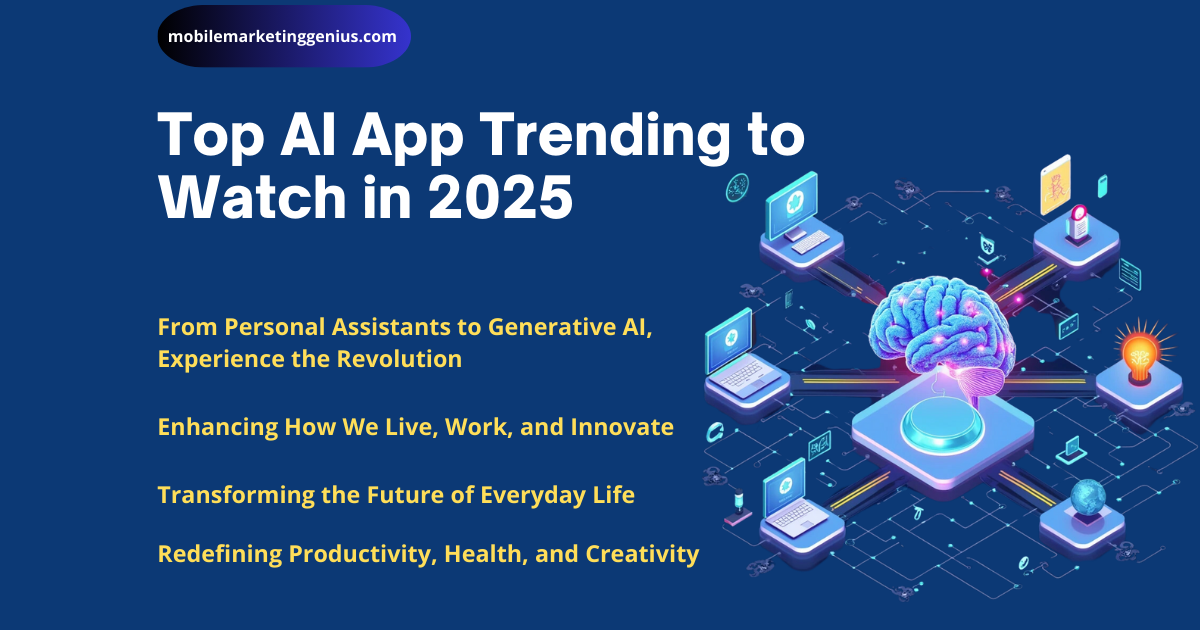
The year 2025 is shaping up to be a groundbreaking period for artificial intelligence (AI), with its influence extending further into our daily lives. AI App Trending has already transformed the way we work, learn, and connect, but the next wave of innovation promises to elevate these experiences to new heights. From intelligent personal assistants that anticipate your needs to advanced tools that revolutionize healthcare and creativity, AI apps are poised to redefine convenience and efficiency.
With rapid advancements in machine learning, natural language processing, and augmented reality, AI apps are becoming smarter and more intuitive. These apps are no longer just tools—they are companions, capable of understanding preferences, predicting behaviors, and adapting to individual lifestyles. Whether it’s managing your finances with precision, enhancing your fitness goals with personalized plans, or delivering immersive gaming experiences, AI apps are setting new benchmarks for usability and functionality.
The global AI software market is expected to reach $126 billion by 2025, with a compound annual growth rate (CAGR) of 35.6% (Source: Statista ).
In this article, we will explore the top AI-powered apps expected to dominate in 2025, highlighting how they are revolutionizing industries and enhancing everyday life. Discover the innovations that will make AI apps indispensable in the coming year and beyond, and learn how they can empower you to achieve more with less effort. The future of AI starts now.
Table of Contents
AI in Everyday Life
1. AI for Productivity and Daily Management
Artificial Intelligence (AI) has become a cornerstone of modern productivity, transforming how we manage our time, tasks, and communication. AI-powered personal assistants, such as advanced versions of Google Assistant or Alexa, now go beyond simple commands. They analyze schedules, optimize workflows, and even automate repetitive tasks like email sorting or meeting coordination. These tools provide seamless integration across devices, ensuring users can manage their lives more efficiently.
At workplaces, AI-powered project management apps like Trello or Asana have been enhanced with intelligent features that track deadlines, suggest priority tasks, and streamline collaboration. For individuals, smart reminder apps help users stay on top of appointments, errands, and personal goals by analyzing patterns and providing actionable suggestions. With AI at the helm, managing both professional and personal tasks has never been more intuitive.
Table 1: AI Apps for Productivity and Daily Management
| App Name | Key Features | Use Case |
|---|---|---|
| Google Assistant | Advanced voice recognition, multi-tasking, integration with smart home devices | Personal task management, hands-free control |
| Notion AI | Automated content generation, smart tagging, task organization | Workflow optimization, project management |
| ClickUp | AI-powered automation, goal tracking, intelligent prioritization | Team collaboration, task automation |
| Slack AI | AI insights for team communication, meeting summaries | Enhancing workplace communication |
| Todoist | AI scheduling, priority-based task recommendations | Personal and professional task management |
| Trello AI | Smart card suggestions, deadline tracking, workflow analytics | Project management and team coordination |
2. AI for Health, Wellness, and Entertainment
AI is also reshaping how we approach health and wellness. Advanced fitness apps monitor vital signs through wearables, offer personalized exercise routines, and track progress toward fitness goals. Mental health apps use AI to provide real-time emotional support through chatbots and customized mindfulness exercises, making therapy and stress management accessible to a broader audience.
In entertainment, AI is creating more engaging and personalized experiences. Music platforms like Spotify will use AI to curate playlists based on mood and listening habits, while video editing tools like Adobe Premiere Pro will incorporate AI to automate editing processes, such as color correction and sound optimization. In gaming, AI will enable more immersive experiences, with games adapting dynamically to players’ skills and preferences.
Whether it’s optimizing time, enhancing health, or transforming leisure, AI continues to embed itself into everyday life. By 2025, these applications promise to become even more integrated, creating a future where technology anticipates and fulfills our needs with unmatched precision.
Table 2: AI Apps for Health, Wellness, and Entertainment in 2025
| Category | App Name | Features | Use Case |
|---|---|---|---|
| Health | MyFitnessPal | Personalized fitness and nutrition plans using AI analysis. | Tracks diet, calorie intake, and fitness goals. |
| Health | Woebot | AI-driven mental health chatbot offering real-time emotional support and cognitive-behavioral techniques. | Provides therapy-like interactions and mental health exercises. |
| Wellness | Calm | AI-powered meditation and mindfulness recommendations tailored to individual stress levels. | Helps users reduce stress, improve sleep, and focus through guided meditations. |
| Entertainment | Spotify | AI curates personalized playlists based on listening habits, mood, and preferences. | Provides users with mood-based music playlists and recommendations. |
| Entertainment | Adobe Premiere Pro | AI automates video editing tasks, including sound optimization and color correction. | Simplifies video content creation for professionals and hobbyists. |
| Gaming | Fortnite (AI-Powered) | AI-driven gaming mechanics that adapt challenges to player skill levels in real time. | Enhances gameplay by creating a personalized and immersive gaming experience. |
The Top AI Apps for 2025
1. Productivity and Collaboration Apps
AI-powered productivity apps are set to redefine how individuals and teams work in 2025. Tools like Notion AI and ClickUp will utilize advanced machine learning to automate task management, optimize workflows, and even draft reports or emails. Virtual assistants embedded in these apps will schedule meetings, manage calendars, and prioritize tasks based on deadlines and user preferences. Collaboration platforms like Slack and Microsoft Teams are expected to incorporate AI-driven insights to enhance team communication, track project milestones, and suggest actionable recommendations, making workplaces more efficient and organized.
72% of companies reported improved efficiency and collaboration after integrating AI-powered productivity apps.
Source: PwC
2. Healthcare and Wellness Apps
Healthcare-focused AI apps are transforming how individuals monitor and manage their health. Advanced telemedicine platforms will provide instant consultations, diagnose symptoms, and recommend treatments using AI analysis. Apps like MyFitnessPal will leverage AI to create highly personalized fitness and nutrition plans, while mental health apps such as Woebot will offer tailored therapy sessions using conversational AI. By 2025, wearable integration with these apps will further refine health tracking, enabling users to manage chronic conditions and improve overall well-being with precision.
3. Finance and Investment Apps
AI-driven finance apps are revolutionizing personal money management and investment strategies. Tools like Mint and Acorns will offer real-time spending insights, predictive budgeting, and fraud detection. AI algorithms in investment platforms like Robinhood and Betterment will analyze market trends and user portfolios to recommend tailored investment opportunities. These apps will also enable users to automate savings, set financial goals, and access personalized financial advice, making wealth management accessible to a broader audience.
AI in the fintech sector is projected to save banks $447 billion by 2025 through process automation and fraud detection.
Source: Juniper Research
4. Education and Learning Apps
Educational apps are embracing AI to personalize learning experiences like never before. Platforms such as Duolingo and Khan Academy will use AI algorithms to adapt lessons to individual learning speeds and styles. Virtual tutors powered by AI will provide real-time feedback and customized exercises, ensuring learners address their weaknesses effectively. These apps will also integrate gamification and interactive features to make learning engaging and effective, preparing students and professionals for the demands of the future workforce.
5. Entertainment and Creativity Apps
AI is transforming how we consume and create entertainment. Music platforms like Spotify will use AI to curate playlists based on mood and listening habits, while video editing tools like Adobe Premiere Pro will incorporate AI to automate editing processes, such as color correction and sound optimization. In gaming, AI will enable more immersive experiences, with games adapting dynamically to players’ skills and preferences. Creative apps, such as Canva, will use AI to assist users in designing visuals effortlessly, democratizing creativity for everyone.
Table 3: Top AI Apps for 2025 by Category
| Category | Example AI Apps | Key Features |
|---|---|---|
| Productivity and Collaboration | Notion AI, ClickUp | Task automation, workflow optimization, AI-generated reports, and smart scheduling |
| Healthcare and Wellness | MyFitnessPal, Woebot | Personalized fitness plans, mental health support, real-time health monitoring |
| Finance and Investment | Mint, Robinhood | Budget analysis, predictive investment recommendations, fraud detection |
| Education and Learning | Duolingo, Khan Academy | Adaptive learning paths, real-time feedback, gamified lessons |
| Entertainment and Creativity | Spotify, Adobe Premiere Pro | Mood-based music curation, automated video editing, AI-enhanced content creation |
Key Features of AI App Trending 2025
1. Advanced Personalization with AI
One of the standout features of AI apps in 2025 is their ability to deliver hyper-personalized experiences. By analyzing user behavior, preferences, and historical data, these apps tailor their functionality to individual needs. Whether it’s a fitness app creating a workout plan based on your health data or a music app recommending songs that match your mood, personalization ensures users get relevant and meaningful interactions. This is made possible through advancements in machine learning and predictive analytics, enabling apps to anticipate user needs and provide solutions proactively.
2. Natural Language Processing and Voice Integration
AI apps are becoming more conversational and user-friendly, thanks to natural language processing (NLP) and voice recognition technologies. Apps like virtual assistants and customer service chatbots can now understand complex queries, respond in a human-like manner, and even carry out multitasking commands. Voice integration enables hands-free interactions, making these apps more accessible and convenient for users. Whether it’s scheduling a meeting or controlling smart home devices, the ability to interact naturally through voice enhances usability and bridges the gap between human and machine.
3. Augmented Reality (AR) and AI Collaboration
The fusion of augmented reality (AR) and AI is setting a new standard for immersive app experiences. In retail, AR-powered AI apps allow users to visualize products in their homes before purchasing, while in education, they bring complex concepts to life through interactive 3D models. AI enhances these AR experiences by analyzing data in real time, providing contextual recommendations, and improving accuracy. This collaboration between AR and AI is particularly impactful in industries like healthcare, where diagnostic tools use AR for precise visualizations supported by AI-driven insights, redefining how users interact with digital environments.
Table 4: Key Features of AI Apps in 2025
| Feature | Description | Examples |
|---|---|---|
| Advanced Personalization | Tailors app functionality to user behavior, preferences, and historical data. | Fitness apps with custom workout plans; music apps with mood-based playlists. |
| Natural Language Processing | Enables conversational interactions and multitasking via voice or text commands. | Virtual assistants like Alexa; customer service chatbots understanding complex queries. |
| Augmented Reality Integration | Combines AI and AR to create immersive experiences in retail, education, and healthcare. | AR apps for virtual product try-ons; interactive 3D models in learning apps. |
| Predictive Analytics | Anticipates user needs by analyzing past data to provide proactive solutions. | Finance apps predicting expenses; AI-driven marketing tools suggesting audience strategies. |
| Real-time Adaptation | Dynamically adjusts experiences based on user actions or environmental conditions. | Gaming apps adapting to player skill levels; fitness apps modifying routines in real-time. |
The Impact of AI Apps
1. Transforming Consumer Experiences
AI apps are revolutionizing how consumers interact with technology by delivering highly intuitive and efficient experiences. In 2025, these apps are expected to set new benchmarks for convenience, personalization, and user satisfaction. AI-driven apps analyze user behavior and preferences to deliver tailored recommendations, whether for shopping, entertainment, or health management. For instance, virtual assistants like Alexa or Siri will offer proactive solutions such as optimizing daily schedules or automating smart home systems based on individual routines.
Moreover, AI apps enhance accessibility for users with disabilities, leveraging voice recognition and adaptive interfaces to create more inclusive digital environments. In the retail space, AI apps will redefine e-commerce by offering virtual try-ons through AR, predicting purchase preferences, and ensuring seamless customer support through intelligent chatbots. These advancements are not just about making tasks easier—they fundamentally change how consumers perceive and engage with brands, fostering loyalty and trust.
2. Enhancing Business Operations and Growth
For businesses, AI apps in 2025 represent a transformative force for efficiency, innovation, and profitability. From automating mundane tasks to analyzing vast datasets, these tools empower organizations to focus on strategic decision-making. AI apps streamline workflows, optimize resource allocation, and identify market trends with unparalleled accuracy. For instance, predictive analytics apps help businesses forecast demand, manage inventory, and enhance supply chain operations.
In customer service, AI chatbots are evolving to provide real-time, empathetic interactions that improve customer satisfaction and reduce operational costs. Marketing teams are leveraging AI-powered tools to craft targeted campaigns, predict consumer behavior, and measure campaign effectiveness more precisely. Additionally, AI’s role in cybersecurity apps ensures robust protection against evolving threats, safeguarding sensitive business data.
Overall, AI apps are enabling businesses to scale faster, innovate consistently, and create value-driven experiences for customers. By 2025, companies adopting AI solutions will find themselves better equipped to compete and thrive in a rapidly digitalizing economy.
Challenges and Ethics of AI Apps
1. Data Privacy and Security Concerns
One of the major challenges AI apps face in 2025 is ensuring the protection of user data. These apps often rely on collecting and analyzing vast amounts of personal information to deliver personalized experiences. However, this reliance raises significant concerns about data privacy and security. With cyber threats becoming increasingly sophisticated, ensuring robust encryption and secure data storage is paramount.
Additionally, many users are wary of how their data is used and whether it is shared with third parties without consent. Transparency is critical—AI app developers must implement clear privacy policies and provide users with control over their data. Failure to address these concerns not only risks regulatory penalties but also erodes user trust, which can significantly impact adoption rates and reputation.
2. Ethical Bias in AI Algorithms
AI apps are only as unbiased as the data and algorithms that power them. In 2025, ethical concerns about algorithmic bias remain a pressing issue. If AI apps are trained on skewed or incomplete datasets, they may perpetuate stereotypes or unfair practices, leading to discriminatory outcomes in areas like hiring, credit scoring, or content recommendations.
Developers must prioritize ethical AI practices, including using diverse datasets and conducting regular audits to identify and mitigate biases. Involving ethicists and diverse stakeholder groups during development can also ensure fairness and inclusivity. Failing to address these issues risks not only reputational damage but also legal consequences, as governments increasingly impose regulations to ensure ethical AI usage. Creating unbiased, ethical AI is critical to gaining user trust and ensuring widespread adoption.
Bias in AI algorithms remains a pressing issue, with growing calls for transparency and fairness.”
Source: MIT Technology Review
Conclusion
AI apps are set to play an even greater role in shaping our daily lives and industries in 2025. From revolutionizing productivity and healthcare to redefining entertainment and education, these applications are driving unparalleled innovation. With features like advanced personalization, natural language processing, and AR integration, AI apps are more intuitive, immersive, and efficient than ever before. They are not just tools; they are becoming indispensable companions that enhance the way we live, work, and interact with technology.
However, as we embrace the potential of AI, it is crucial to address the challenges that come with it. Ensuring data privacy, security, and ethical fairness in AI algorithms is essential for fostering trust and inclusivity. Developers, businesses, and policymakers must work together to create transparent, secure, and unbiased AI solutions that benefit all users.
The transformative impact of AI apps extends beyond convenience—they empower individuals, streamline business operations, and drive growth in a rapidly evolving digital landscape. As these apps continue to evolve, they will redefine what is possible, making 2025 a landmark year for AI-driven innovation. By adopting these technologies responsibly, we can harness their full potential and create a future where AI serves as a trusted ally in everyday life.

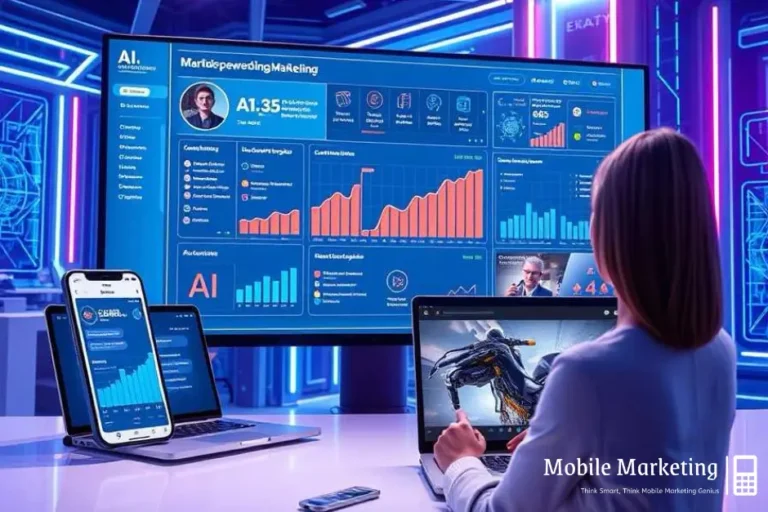
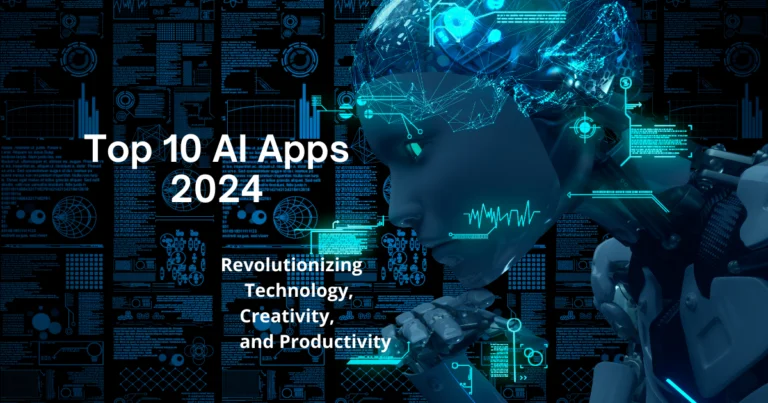
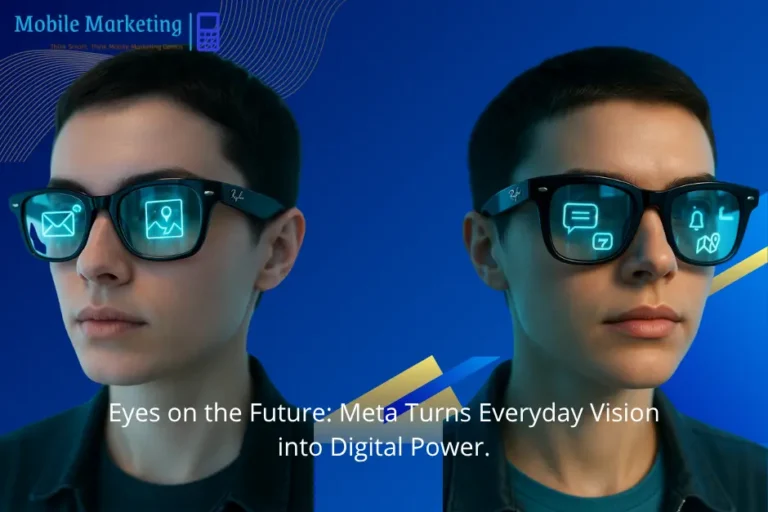
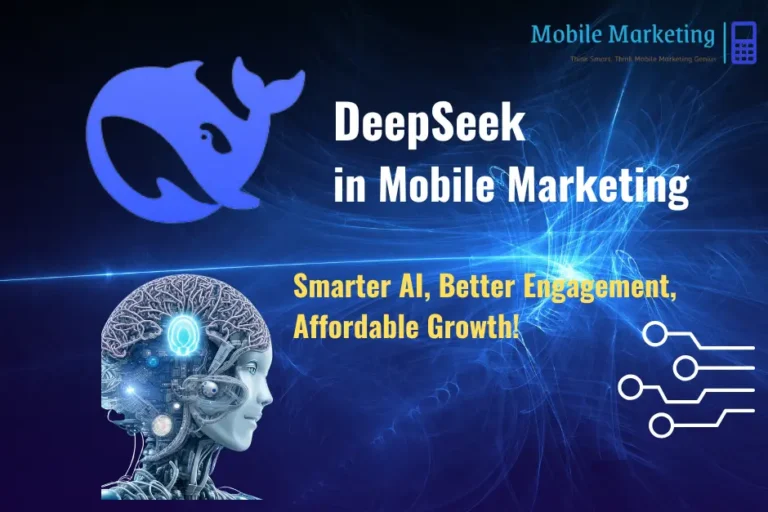
4 Comments
Comments are closed.